Shaping the future of food and biotechnology
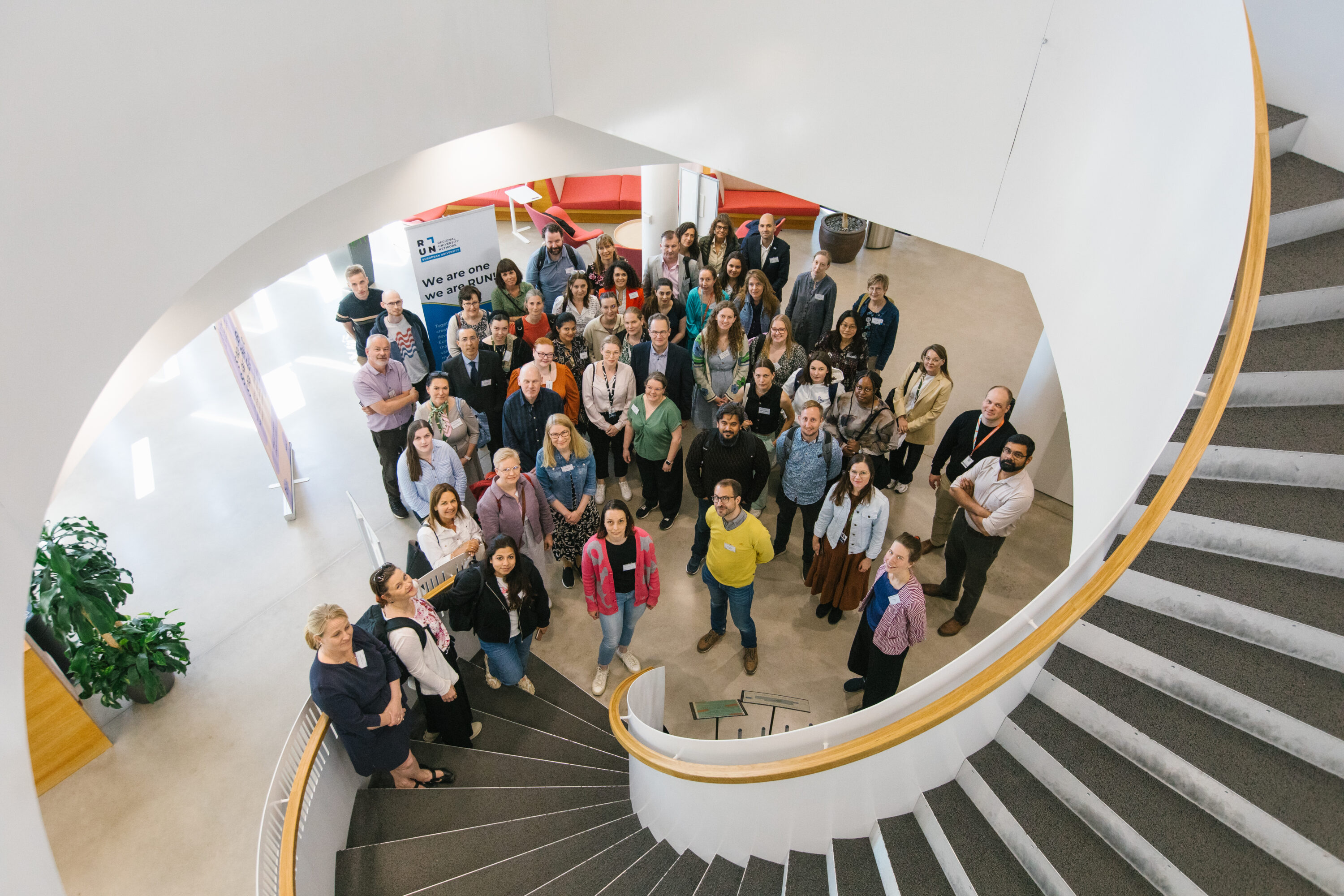
Nearly 100 university and business representatives from across Europe gathered to discuss the future of education and research in food and biotechnology. The two RUN European University (RUN-EU) events were organised in May at Häme University of Applied Sciences in Hämeenlinna.
The aim of the RUN-EU is to co-create 140 learning opportunities over the next four years that serve the needs of the regions and build the skills of the future. Learning opportunities can take the form of short joint learning opportunities such as flexible study units and open online courses, or as joint programmes.
In addition, the aim is to strengthen the competitiveness of the RUN-EU HEIs and their surrounding regions, and to develop regional innovation ecosystems in line with regional needs and in close cooperation with regional actors. In addition to regional cooperation, RUN-EU will focus on promoting the interaction between research and education, so that joint research activities and their results are reflected in the scientifically innovative content of learning opportunities.
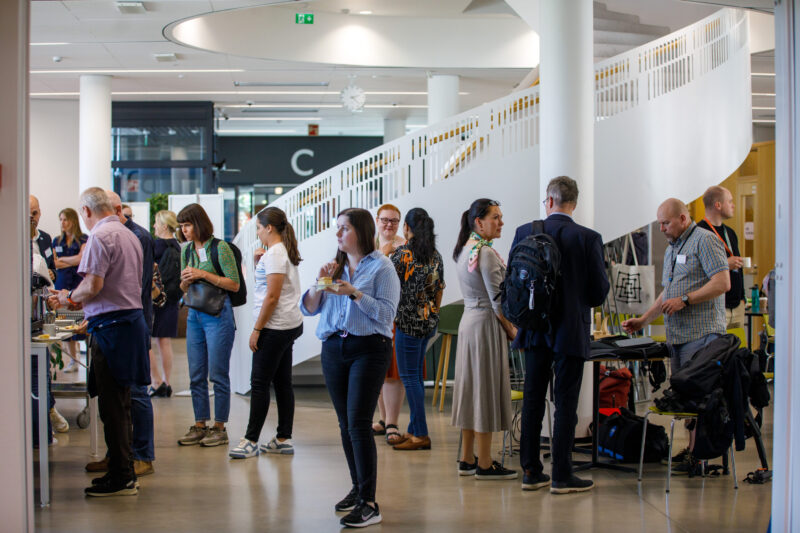
Future learning opportunities in food and biotechnology at RUN-EU
One platform for identifying learning opportunities is the European Programmes Academy – Exploratory Mission (EPA-mission). EPA-missions bring together RUN-EU teachers, researchers, technical staff and students to develop innovative learning opportunities for RUN-EU learners and a joint RUN-EU education portfolio.
RUN-EU’s second EPA-mission took place at HAMK in May. Teaching and research staff and student representatives from seven partner universities were present. Discussions focused in particular on the future learning opportunities for RUN-EU in the fields of food and biotechnology.
In addition, the institutional Future and Advanced Pedagogy Skills Academy (FAPSA) members joined the EPA-Mission to support the pedagogical implementation of the EPA-Missions and pedagogically innovative aspects of the learning opportunities.
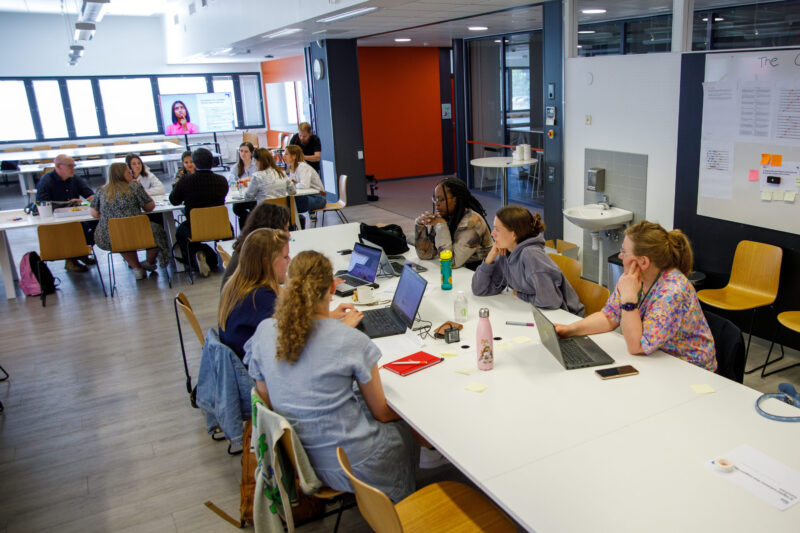
The EPA Mission was a pivotal investment in my academic journey, offering profound insights into the intricacies of the teaching-learning process. It bolstered my learning experience through collaborative efforts, enhanced by the expertise of RUN-EU partners’ staff and students.
Oshani Bamunu Mudiyanselage, HAMK’s student in Smart Organic Farming
In total, frameworks for three new learning opportunities were formed. The learning opportunities are planned to focus on 1) analysing product life cycles and creating digital product passports to promote sustainable practices, 2) promoting harmonious integration of food production with sustainable use of raw materials and circular economy principles, and 3) problem solving related with food chain and collective working. The learning opportunities are targeted to the students, but two of them are planned to be available also to the RUN-EU researchers and other staff members.
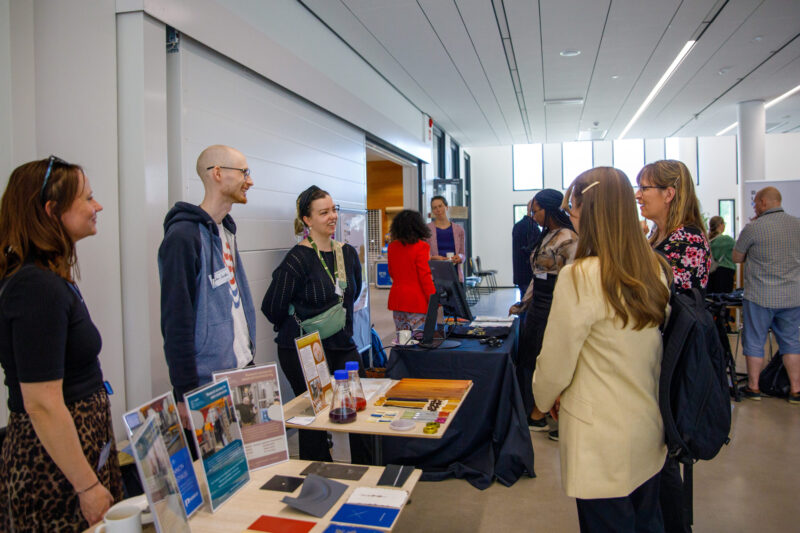
International research in partnership with the RUN-EU regions
On the research side, RUN-EU organises Innovation Meets Regions events to increase dialogue between regional actors and RUN. One such event, Science for Business seminar, took place at HAMK at the same time as the EPA-mission. The event was attended by representatives of companies as well as staff, students and stakeholders of RUN-EU universities, especially in the fields of bioeconomy, circular economy, food and biotechnology.
The excellent RUN-EU event gathered together academics, students, associate partners and regional industry.
Patrick Murray, Head of Research and Technology Transfer at Technological University of the Shannon (TUS)
The keynote speaker was Mari Pantsar, a well-known advocate of climate, nature and circular economy solutions. In addition, several presentations were heard by key experts from RUN-EU partner universities and stakeholders.
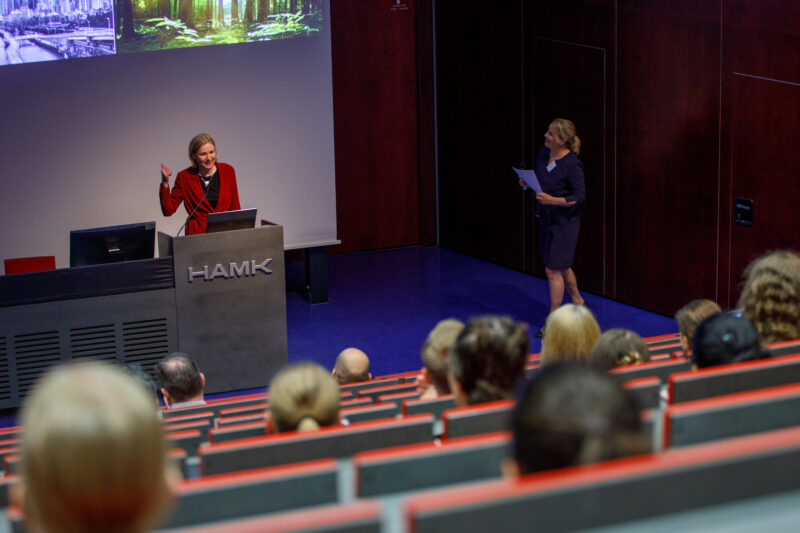
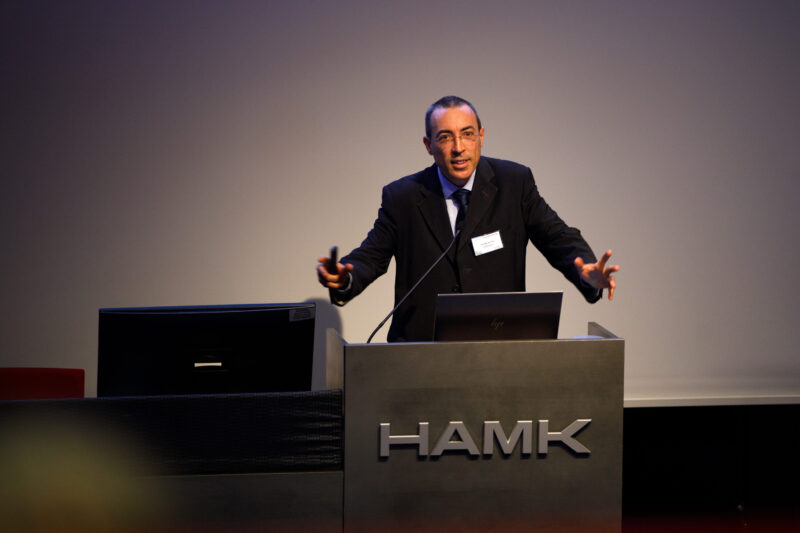
The two RUN-EU events, organised partly at the same time, intensified the interaction between education and research and RUN-EU regions. More intense dialogue between education, research and regions serves the needs of RUN-EU regions more comprehensively and strengthens the international networks of the regions. Moreover, the events promoted joint research activities and the use of research findings in the content of RUN-EU learning opportunities in future.
RUN-EU aims to create education and research that builds the skills for the future and serves and develops the needs and competitiveness of the RUN-EU regions. Of the eight higher education institutions (HEIs) in the RUN European University, all are located outside metropolitan areas.
RUN European University
We are part of RUN European University, which brings together ten European higher education institutions from nine countries committed to a common vision.
